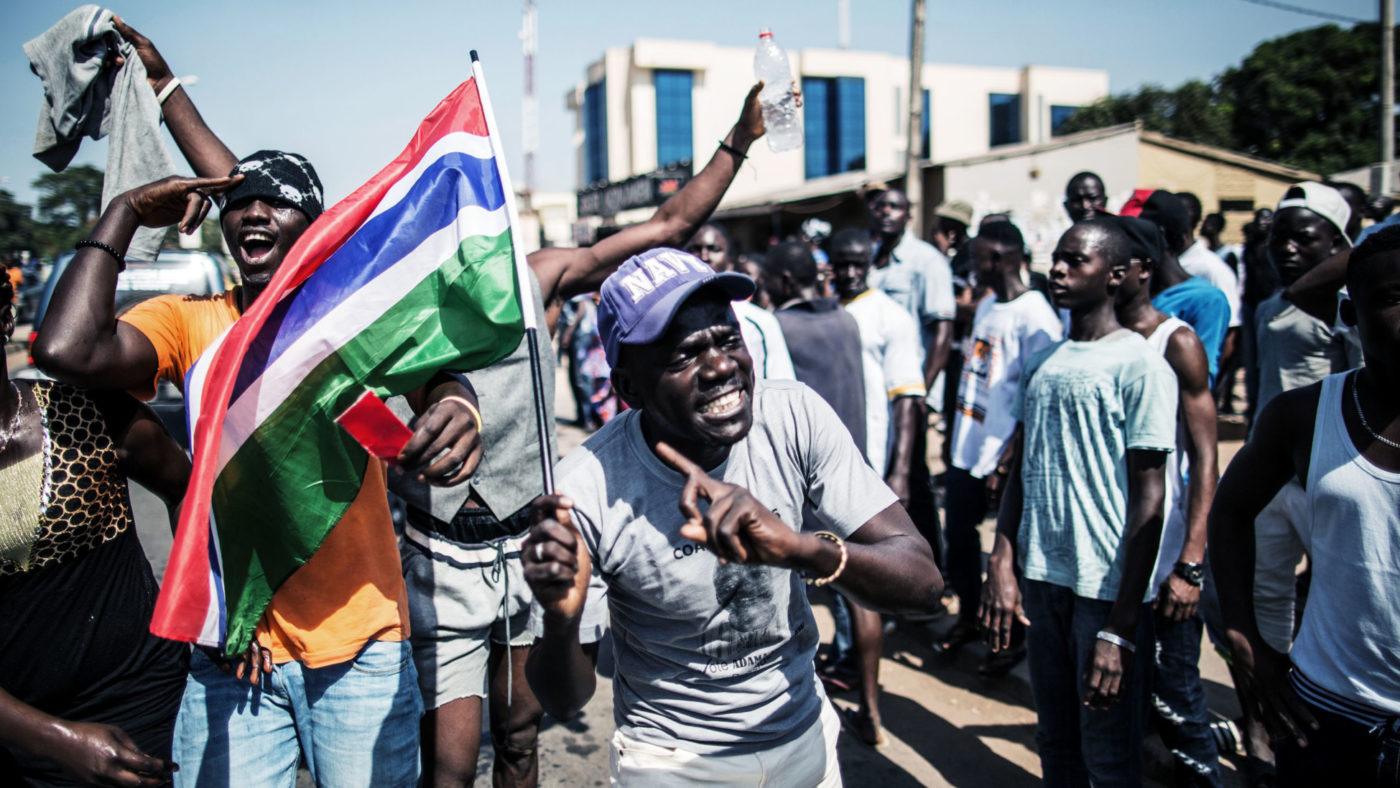Gambiaj.com – (BANJUL, The Gambia) – As The Gambia marks its 60th year of independence, the nation is once again called to reflect on a fundamental question: what exactly are we celebrating? Is it a triumph of sovereignty, self-reliance, and economic liberation, or merely another year of cyclical promises, deepening poverty, and leadership that has failed to uplift the people?
Sixty years after breaking free from British colonial rule, Gambians still grapple with an unsettling reality: independence has not yielded the prosperity and progress envisioned by our founding fathers. Instead, corruption, nepotism, and economic stagnation have entrenched themselves in our national fabric.
This milestone should not serve as a mere ceremonial event filled with flag-waving and anthems, but rather as a stark reminder of the work still left undone. It is time to hold our leaders accountable and demand the kind of transformation that ensures independence is not merely symbolic but truly substantive.
A Colonial Economy in Disguise
The Gambia’s economic paralysis stems from a colonial economic model, which has been in place for nearly a century. The country’s farmers produce cash crops that benefit foreign monopolies and middlemen while they remain in poverty. Imported fertilizers, controlled by external interests, have turned farmers into perpetual debtors.
Despite the successive governments’ rhetoric about prioritizing agriculture, the reality is far from the promises made. Arable lands and financial resources are handed over to foreign entities, worsening food insecurity and increasing living costs. The economy is donor-driven and import-dependent, incapable of generating wealth for the people.
True independence cannot exist when a country’s agricultural backbone is dictated by foreign interests. The Gambia must shift towards a sustainable, self-sufficient agricultural model to achieve national sovereignty.
The lack of a robust local content policy has left Gambians mere spectators in their own economy. Most government contracts, infrastructure projects, and high-value industries are outsourced to foreign firms while local businesses and professionals are sidelined. Instead of developing homegrown industries, policymakers have chosen the easy route of dependency, deepening the nation’s economic vulnerability.
Independence Without Systemic Change Is a Myth
The Gambia has been unable to achieve political independence for six decades, leading to systemic change. The nation is dominated by archaic structures that prioritize the interests of a few over the majority. The education system is outdated, producing job seekers rather than innovators, resulting in a cycle of brain drain and dependency on foreign aid. The healthcare system is in shambles, forcing many to seek care abroad. Corruption and inefficiency have eroded governance, with elites enriching themselves while ordinary citizens struggle for survival. To break these chains, Gambians must demand good governance, not just reform, but radical transformation.
A New Gambia: The Road to Real Independence
The Gambia needs to undergo a significant transformation to achieve true independence. This includes a revolution in the agricultural sector, focusing on diversified, industrialized agriculture for food security and economic self-sufficiency. Education should be reimagined to foster critical thinking and entrepreneurship, while healthcare should be treated as a fundamental right. An independent anti-corruption tribunal with real enforcement power is needed to eradicate corruption. The economy should be restructured to prioritize local industries and Gambian businesses, ending donor-driven policies that perpetuate poverty. Finally, the political culture must be dismantled, promoting participatory, accountable, and visionary governance, with the people at the center of national decision-making.
We Must Finally Wake Up!
The 60th independence anniversary of The Gambia must serve as a wake-up call to the nation, as it cannot continue to suffer from a cycle of illusionary independence while remaining economically enslaved. It must mark the burial of a system that has failed for six decades and the dawn of a new Gambia that embraces real independence, self-sufficiency, and the full potential of its people.










